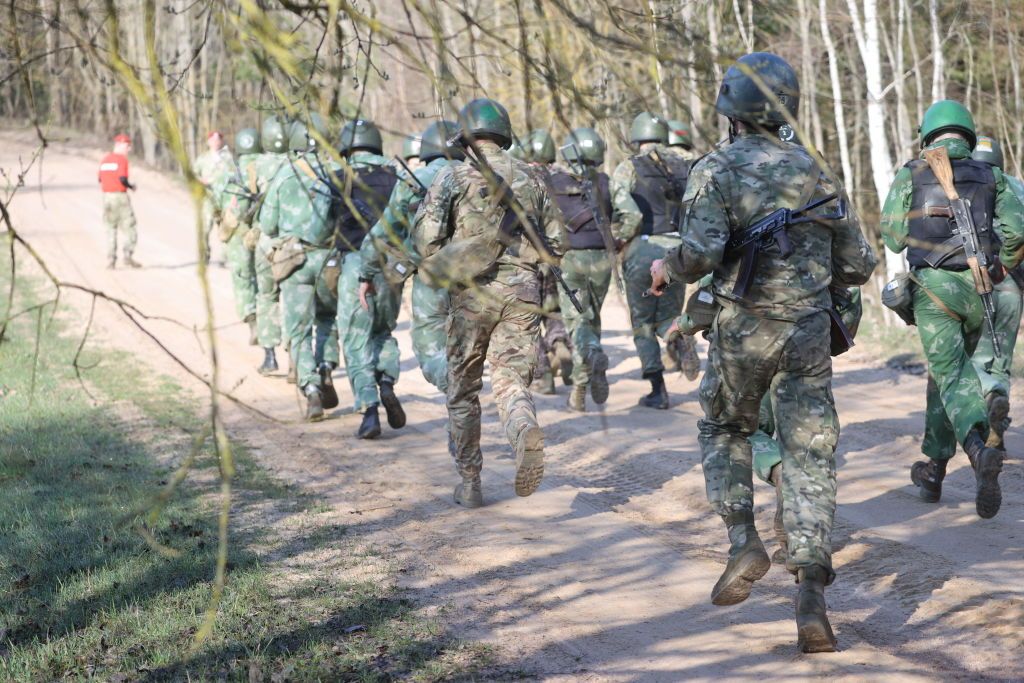The Belarusian military recently began military drills near its borders with Poland, Lithuania, and Ukraine. These exercises, which aim to simulate defense scenarios in the case of martial law, are being conducted in the western Hrodno Oblast and the southern Homel Oblast. Belarusian dictator Alexander Lukashenko stated that Belarus is preparing for war, although he reiterated that the country does not want to fight. Belarus, a close ally of Moscow, has supported Russia’s invasion of Ukraine by allowing Russian troops to launch offensives from its territory. Despite this, the Belarusian military has not directly participated in the war itself.
In response to Belarus’s aggressive posturing, Latvia and Lithuania have agreed to build increased border defenses, while Poland has announced plans to deploy a tank battalion near the Belarusian border. These actions indicate a heightened state of tension in the region, with neighboring countries preparing for potential threats from Belarus. The recent military drills and Lukashenko’s remarks about war readiness have raised concerns about the stability of the region and the potential for conflict.
The Belarus Weekly report highlighted the detention of Belarusians for commenting on the Moscow mass shooting and the actions of Alexander Lukashenko in undermining Russia’s attempts to blame the attack on Ukraine. The Belarusian authorities conducted a massive raid targeting over 100 activists associated with the “People’s Embassies” who seek to represent exiled Belarusians in their country. These actions demonstrate the crackdown on dissent and opposition voices within Belarus, as well as the country’s alignment with Russia’s propaganda narrative regarding the conflict in Ukraine.
The ongoing tensions and military activities in Belarus have implications for the broader region, particularly neighboring countries like Poland, Lithuania, and Ukraine. The increased border defenses and deployment of military assets indicate a readiness to respond to potential threats from Belarus. The alignment of Belarus with Russia and its support for the invasion of Ukraine have further complicated the geopolitical dynamics in the region, with concerns about escalating conflicts and instability.
Supporting independent journalism in Ukraine is crucial in shedding light on the developments in Belarus and the surrounding region. By joining the fight for independent media, individuals can contribute to promoting transparency and accountability in the face of authoritarian regimes like Lukashenko’s in Belarus. The importance of independent journalism in providing accurate information and holding governments accountable for their actions cannot be understated, especially in times of heightened tensions and potential conflict.
In conclusion, the recent military drills and aggressive posturing by Belarus, under the leadership of Alexander Lukashenko, have raised concerns about potential conflicts and instability in the region. The response from neighboring countries with increased border defenses and military deployments reflects the heightened state of alert in the face of threats from Belarus. Independent journalism plays a crucial role in providing accurate information and holding governments accountable, especially in times of crisis. It is essential to support independent media in Ukraine and beyond to ensure transparency and truth in reporting on the complex geopolitical dynamics at play in the region.















